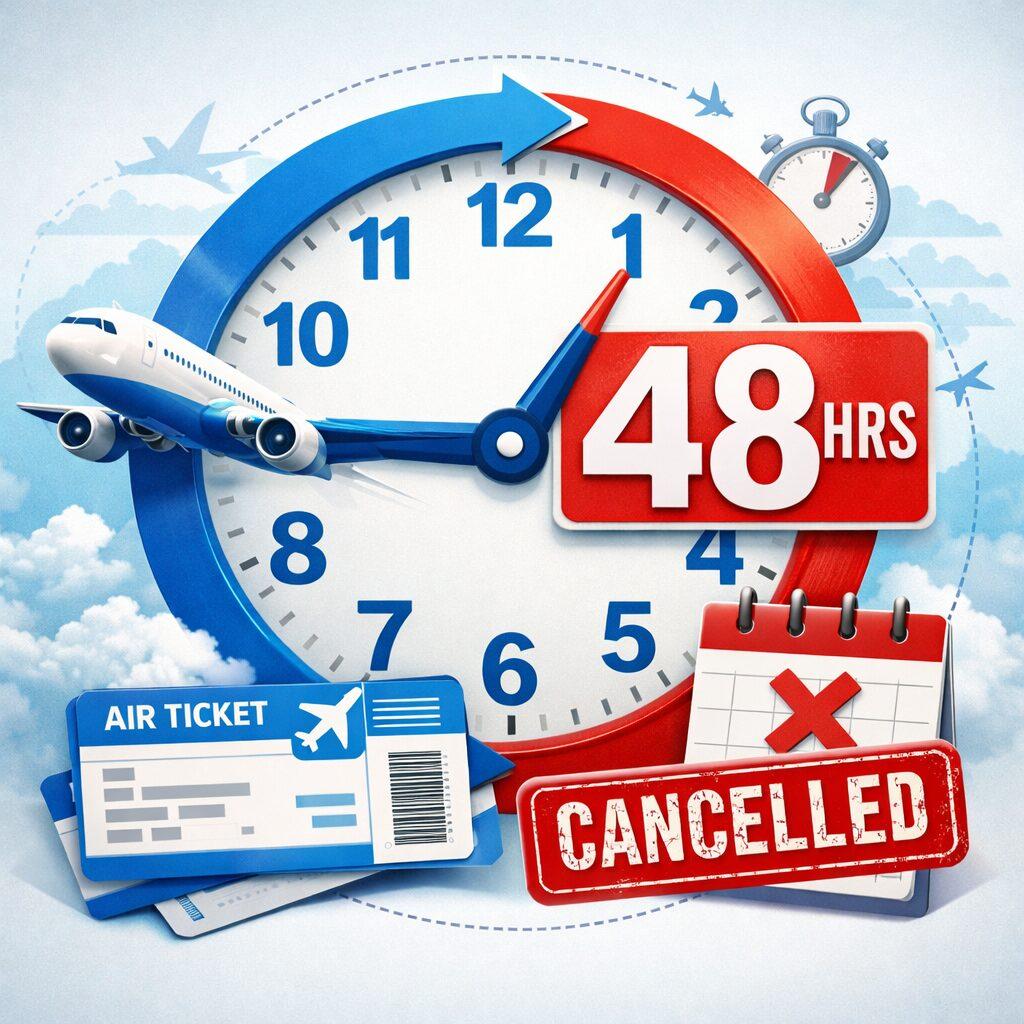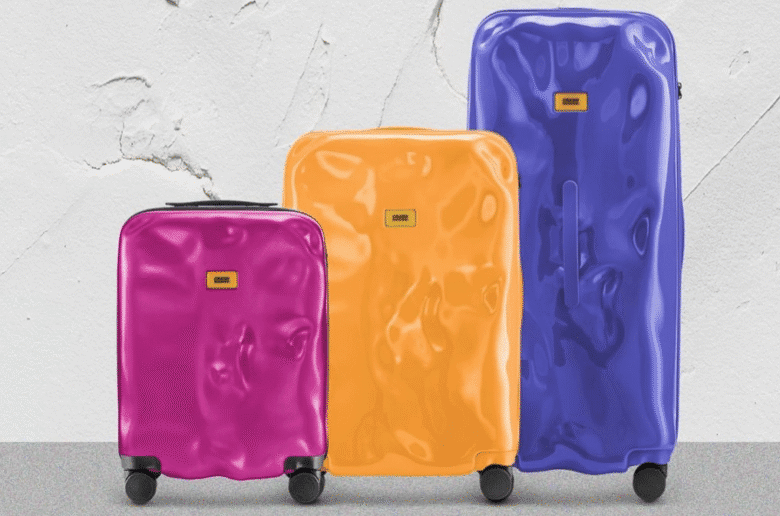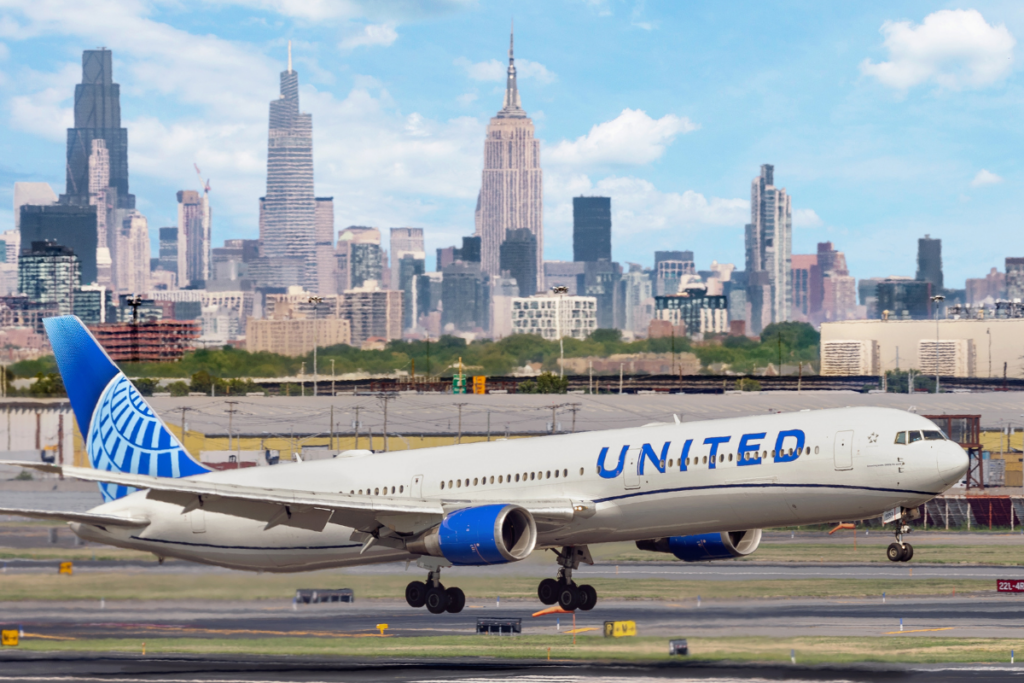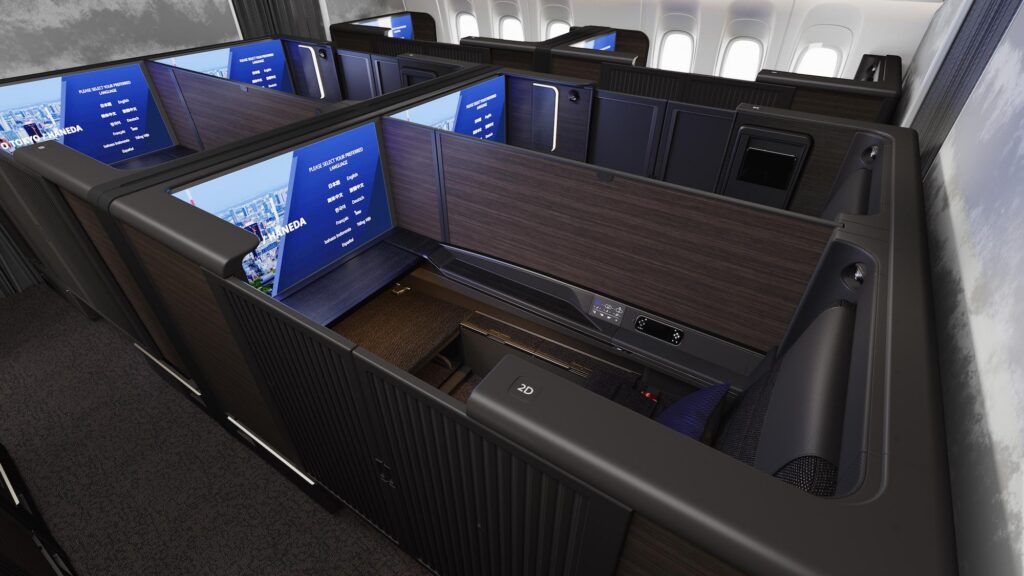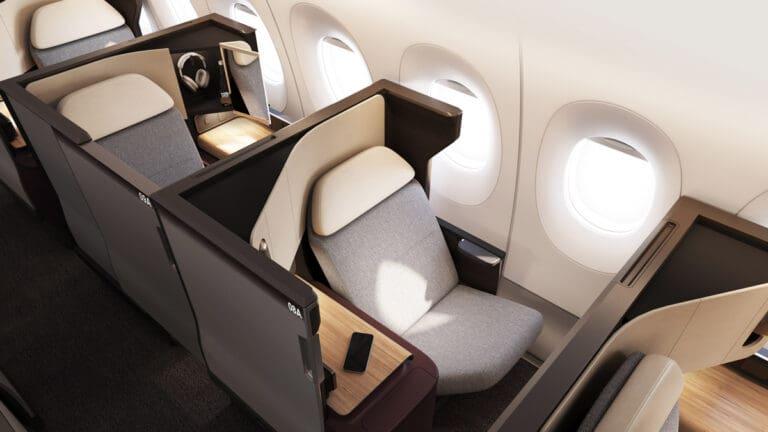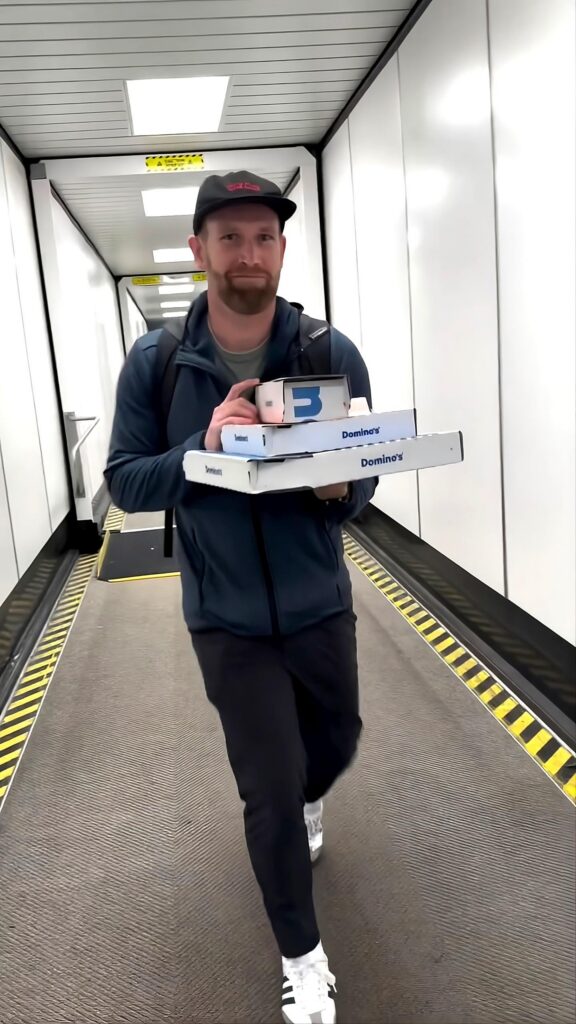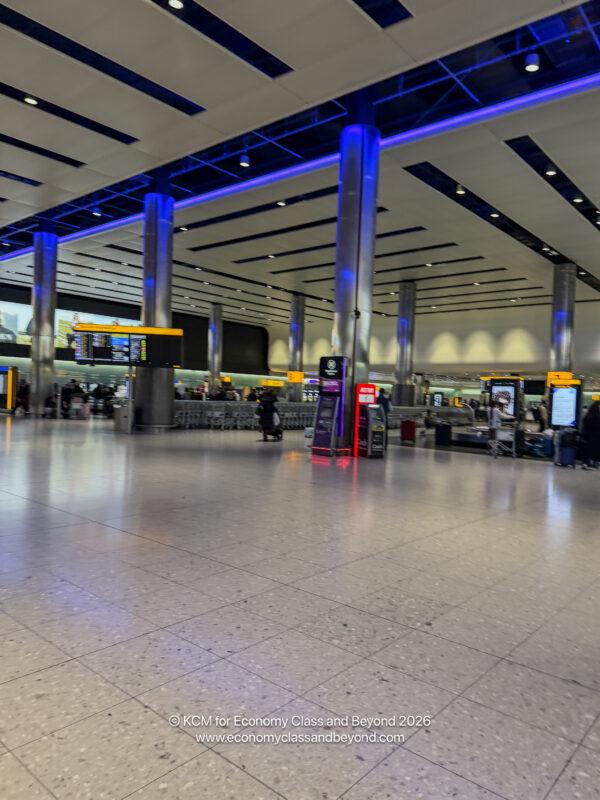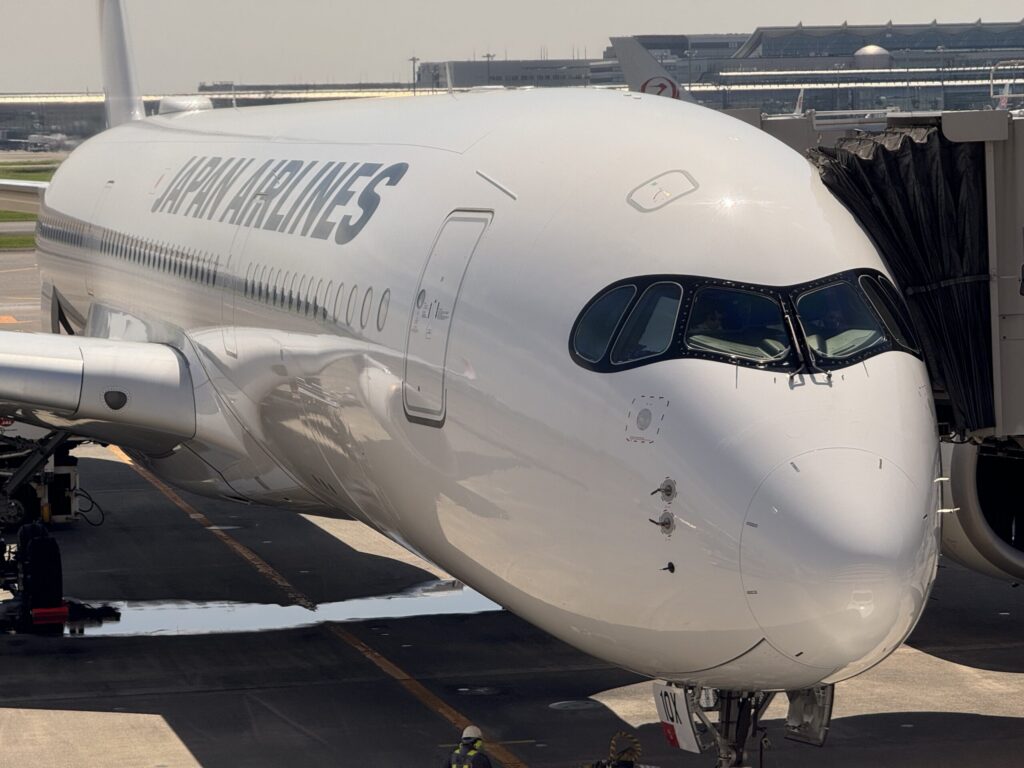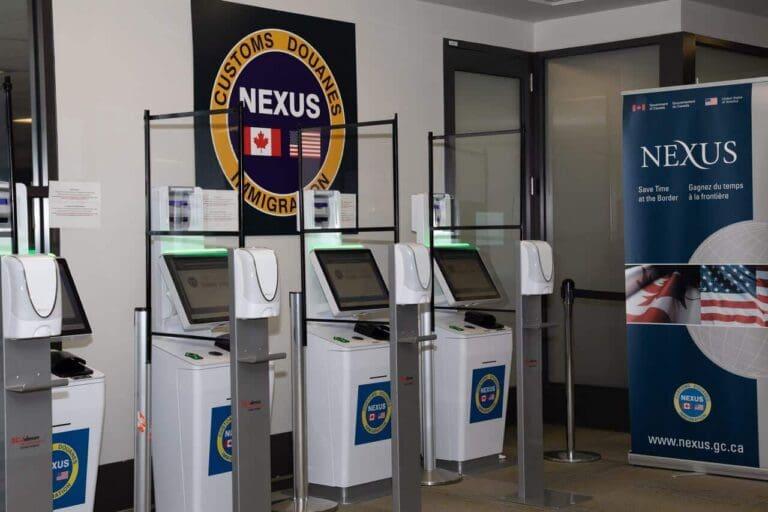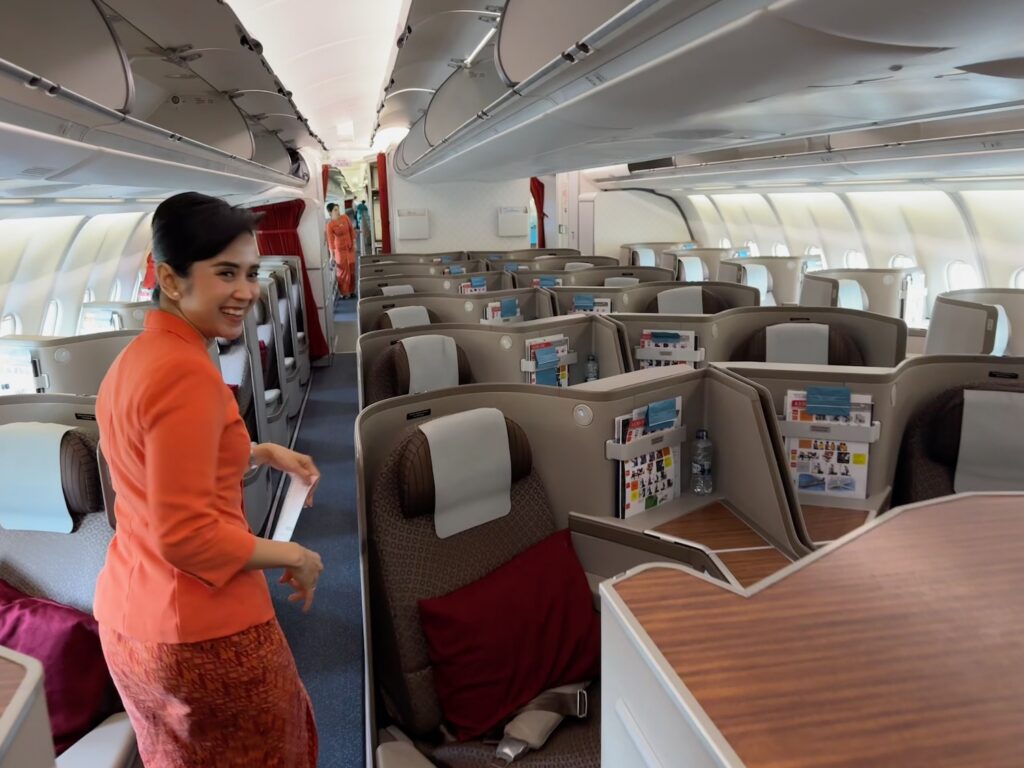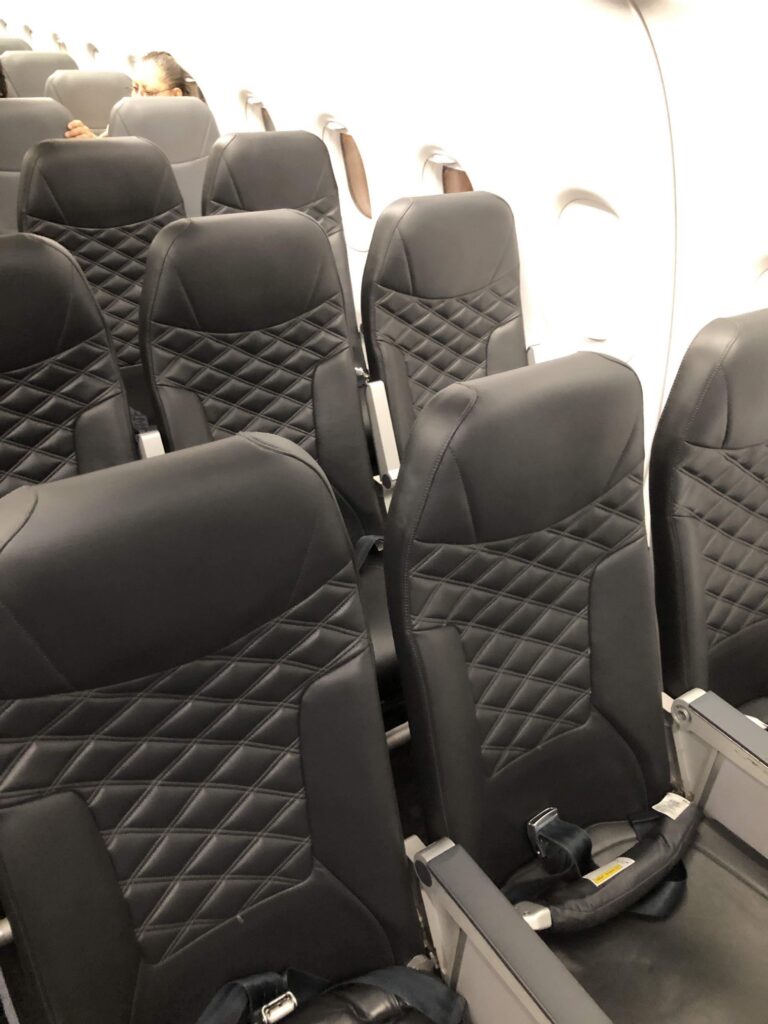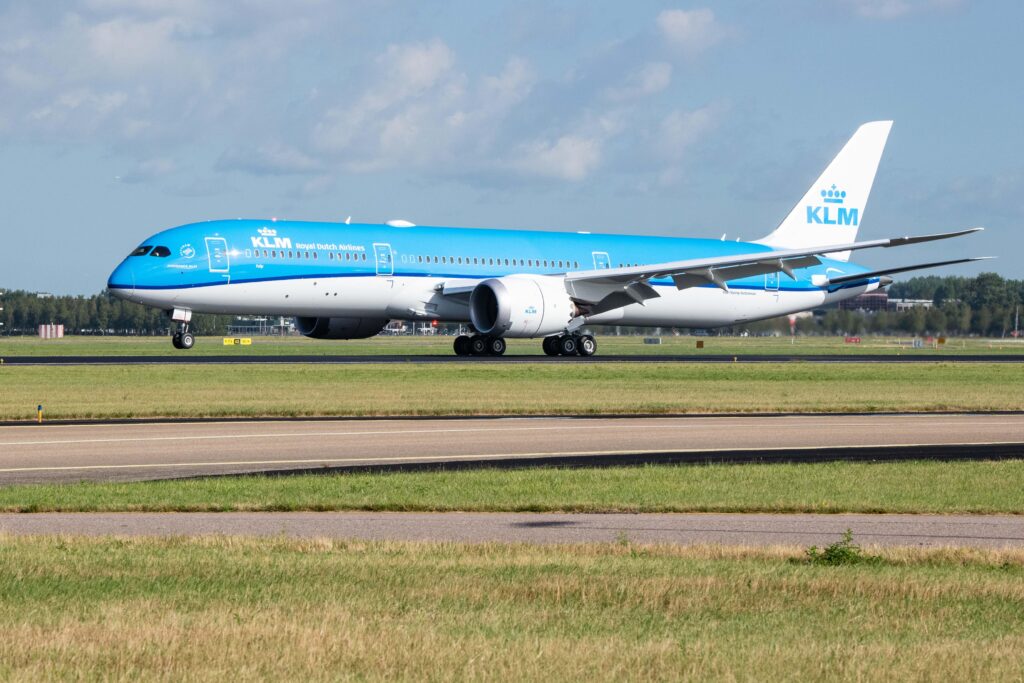
A Year In Review: Travel Tech Trends in 2024
The year 2024 marked a remarkable turning point for the global travel industry. After years of navigating the unprecedented challenges posed by the pandemic, the sector not only recovered but surged ahead, reaching an impressive 96% of pre-pandemic levels according to the World Travel & Tourism Council’s 2024 Economic Impact Report. This resurgence not only revitalized wanderlust worldwide but also contributed a record $11 trillion to the global GDP, reaffirming travel and tourism’s pivotal role in the global economy.
Central to this revival was the integration of cutting-edge travel technology trends that reshaped how we explore the world. From the rise of artificial intelligence in personalizing journeys to groundbreaking sustainable innovations reducing the industry’s carbon footprint, let’s delve into the transformative tech trends that defined travel in 2024.
AI-Driven Personalization Revolutionizes Travel
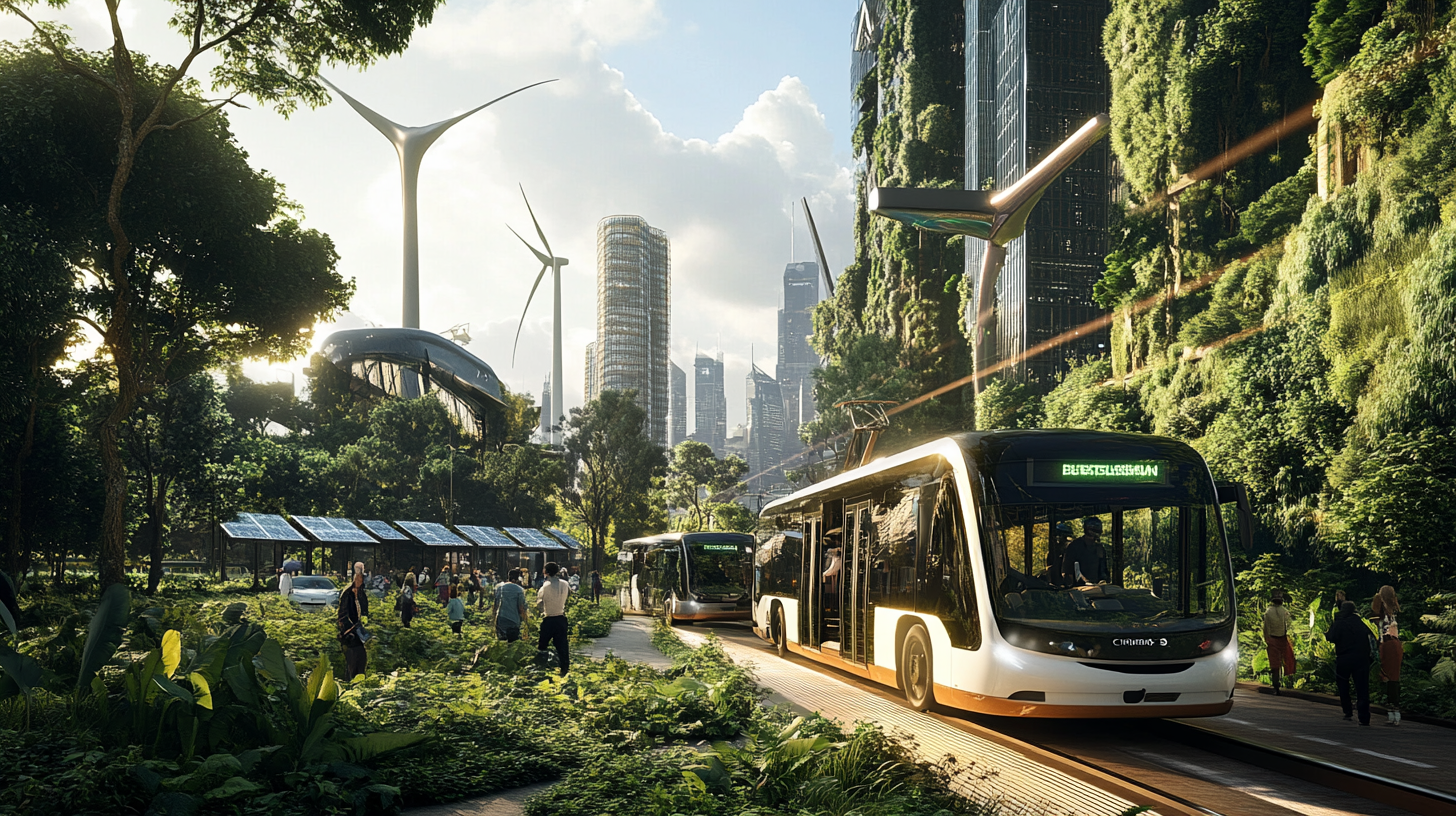
Artificial intelligence (AI) and machine learning took center stage in 2024, fundamentally altering the travel experience through unparalleled personalization. Travel companies and online platforms like TripSage leveraged AI and big data analytics to curate tailor-made itineraries, offering travelers experiences that matched their preferences down to the finest detail.
This hyper-personalization extended to every aspect of the journey, from flight selections considering preferred airlines and layover preferences to accommodation options tailored to desired amenities and locations, and even activity recommendations aligned with personal interests and past behaviors. The rise of AI-driven personalization in travel has transformed how travelers engage with their journeys.
Personalized travel experiences with AI have become the norm, allowing travelers to enjoy trips that are uniquely tailored to their tastes. Artificial intelligence is transforming travel by offering hyper-personalized travel apps that cater to individual needs, ensuring that each journey is memorable and enjoyable. For instance, AI-powered chatbots and virtual assistants such as VirtualVoyager became commonplace, providing real-time customer service and support across multiple languages and time zones.
These intelligent systems analyzed user interactions, leading to continuously improved services and heightened customer satisfaction. According to industry experts, companies that adopted AI technologies saw a 30% increase in customer engagement rates, highlighting the technology’s significant impact on enhancing personalized travel experiences. Moreover, airlines and hotels utilized AI algorithms to predict customer needs and adjust offerings accordingly.
This predictive personalization meant that frequent travelers received customized deals, loyalty rewards, and even personalized in-flight entertainment options based on their viewing history and preferences. Platforms like FlySmart Rewards leveraged data to surprise and delight customers. As a result, AI didn’t just streamline operations; it redefined the customer relationship, fostering loyalty and repeat business.
The Rise of Sustainable Travel Technologies
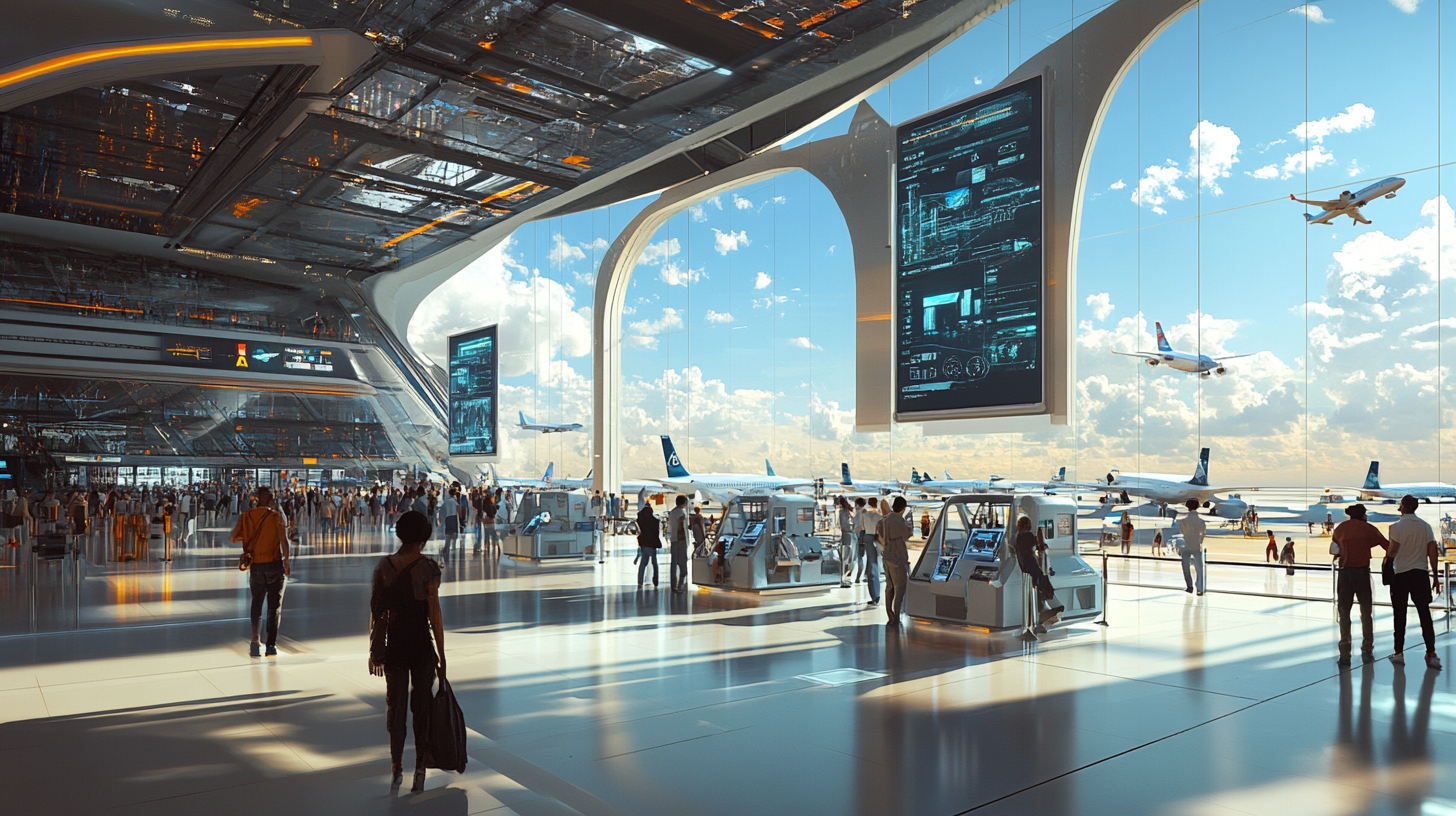
In 2024, eco-friendly travel emerged not just as a trend but as a pivotal movement within the industry. With increasing awareness of environmental issues, travelers actively sought out sustainable options, prompting companies to integrate green technologies into their operations. The adoption of electric vehicles (EVs) became widespread, with rental agencies like EcoDrive Rentals and tour operators offering EVs and even e-bikes as standard options.
Sustainable travel technologies in 2024 have redefined how the industry approaches eco-friendly travel innovations. Green technology adoption in hospitality has become a cornerstone of eco-tourism trends, with hotels and other businesses prioritizing sustainability to meet the growing demand from eco-conscious travelers. Hospitality businesses embraced green technology by investing in energy-efficient systems and eco-friendly infrastructure.
Hotels globally, from Slovenia to Hawaii, implemented sustainable practices such as using renewable energy sources like solar and wind power, reducing waste through comprehensive recycling programs, and sourcing local, organic produce for their restaurants. Many properties achieved certifications like LEED Certification, showcasing their commitment to environmental stewardship. These efforts not only reduced carbon footprints but also attracted eco-conscious travelers seeking accommodations with minimal environmental impact.
Community-centric travel also gained momentum, emphasizing local experiences and supporting small businesses. Platforms like LocaleConnect facilitated authentic cultural exchanges, homestays, and volunteer opportunities. This approach enriched travel experiences while fostering economic growth within local communities.
Industry leaders such as Ashok Vashist and Pranav Dangi noted that sustainability was no longer a niche market but a core consideration influencing travel decisions across demographics. Furthermore, airlines invested in biofuels and more efficient aircraft to reduce emissions, with some carriers pledging carbon-neutral operations by 2030.
Innovations in sustainable travel technologies, like carbon offset platforms and apps such as GreenMiles, allowed travelers to monitor and mitigate their environmental impact actively.
Augmented and Virtual Reality Enhancing Experiences

Augmented Reality (AR) and Virtual Reality (VR) technologies transformed how travelers planned and experienced their journeys in 2024. AR applications like Sightseeing AR allowed users to overlay digital information onto real-world environments. By using smartphones or AR glasses, tourists enhanced sightseeing with interactive guides, historical insights, and even language translations in real-time. This technology brought destinations to life, offering immersive experiences that enriched travel narratives and education.
The integration of augmented reality travel experiences in 2024 has allowed travelers to explore destinations in new and exciting ways. Virtual reality destination previews enable individuals to make informed decisions about their trips, while XR projects are enhancing travel by offering digital concierges in hospitality settings, providing personalized and interactive guest experiences.
Meanwhile, VR provided travelers with the opportunity to preview destinations from the comfort of their homes. Platforms such as WorldExplorer VR offered virtual tours of hotels, landmarks, and cities, helping travelers make informed decisions before booking. This was particularly beneficial for lesser-known destinations, promoting hidden gems and encouraging tourism to off-the-beaten-path locations. VR also offered accessibility for those unable to travel due to physical limitations, allowing them to experience the world virtually.
Innovative Extended Reality (XR) projects, such as digital concierges in hotels, further personalized guest experiences. Implemented via holographic displays or smart mirrors, these virtual assistants provided recommendations, booked services, and offered support, enhancing customer satisfaction. The integration of 5G technology facilitated these advancements, ensuring seamless and responsive interactions with minimal latency. Attractions like museums and theme parks utilized AR and VR to create interactive exhibits and rides, enhancing entertainment value and educational engagement.
Biometric Authentication and Blockchain Securing Travel
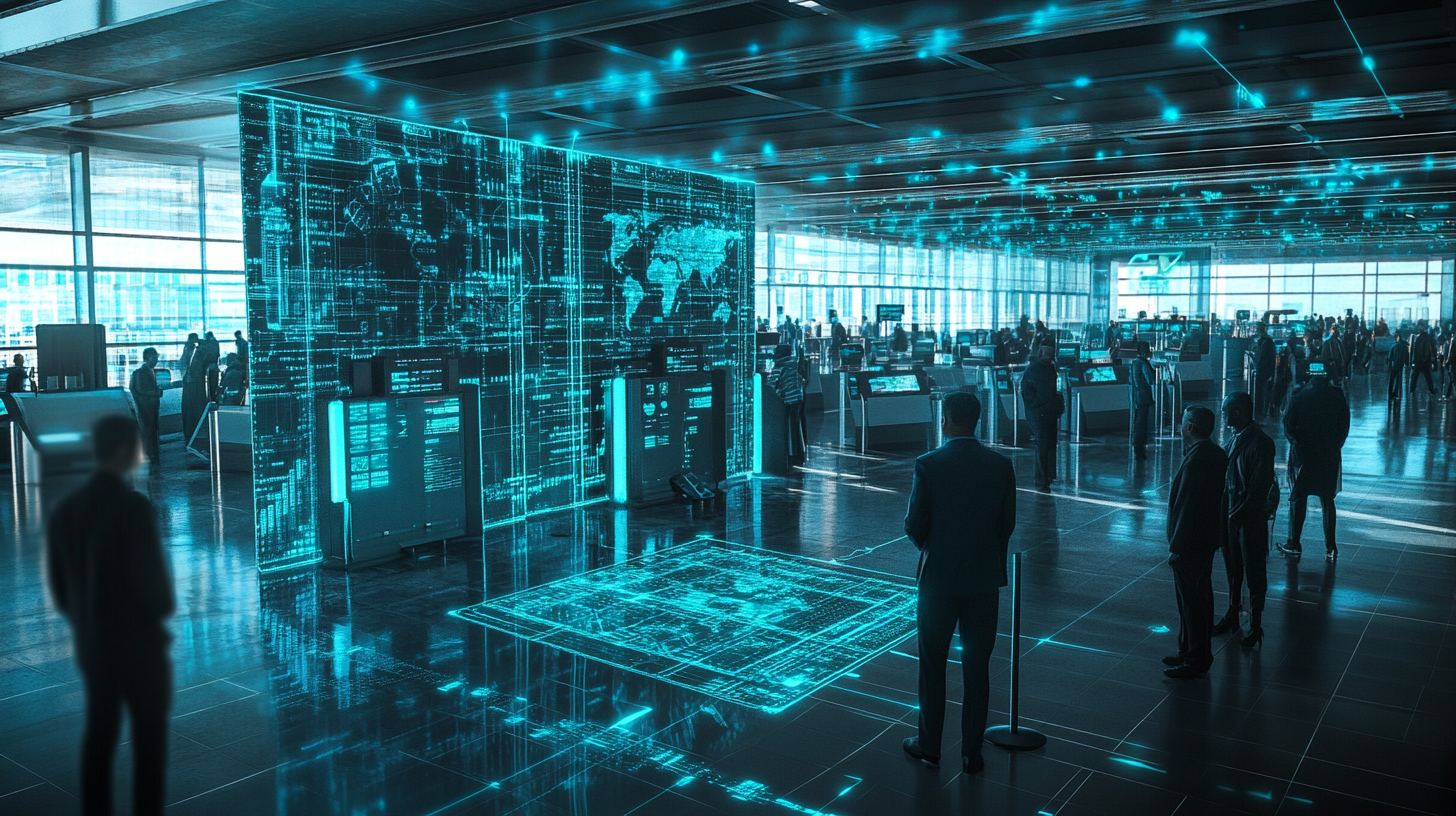
Security and efficiency at airports and borders saw significant improvements through biometric authentication and blockchain technologies in 2024. Biometric systems, employing facial recognition, iris scans, and fingerprint scanning, expedited check-ins and boarding processes. Programs like JetSecure Pass allowed travelers to move through airports with minimal physical documentation, experiencing shorter wait times and enhanced security measures.
Biometric authentication in travel security has revolutionized how travelers experience airports and borders. Blockchain securing travel transactions ensures that sensitive data is protected, while travel data privacy advancements address concerns about personal information. Secure identification technologies in tourism are paving the way for safer and more efficient travel experiences.
Blockchain technology played a crucial role in securing transactions and personal data across the travel industry. By decentralizing data storage and employing cryptographic techniques, blockchain ensured that sensitive information remained protected from cyber threats. Platforms like TravelLedger allowed secure, transparent, and tamper-proof recording of transactions, from booking flights to hotel reservations.
Airports and airlines that adopted these technologies reported increased customer satisfaction and operational efficiency. For example, biometric boarding reduced boarding times by up to 50%, according to the International Air Transport Association’s industry reports. However, these innovations also sparked discussions about privacy, highlighting the need for regulations to safeguard traveler information.
Compliance with data protection regulations like GDPR and CCPA became crucial to balance technological benefits with individual privacy rights. Additionally, blockchain enabled the development of decentralized travel ecosystems, where loyalty programs could be unified across different service providers. This offered seamless rewards redemption and enhanced the overall traveler experience. The immutable nature of blockchain records also helped reduce fraud and errors in transactions, building trust between consumers and companies.
The Internet of Things (IoT) and Smart Travel Solutions
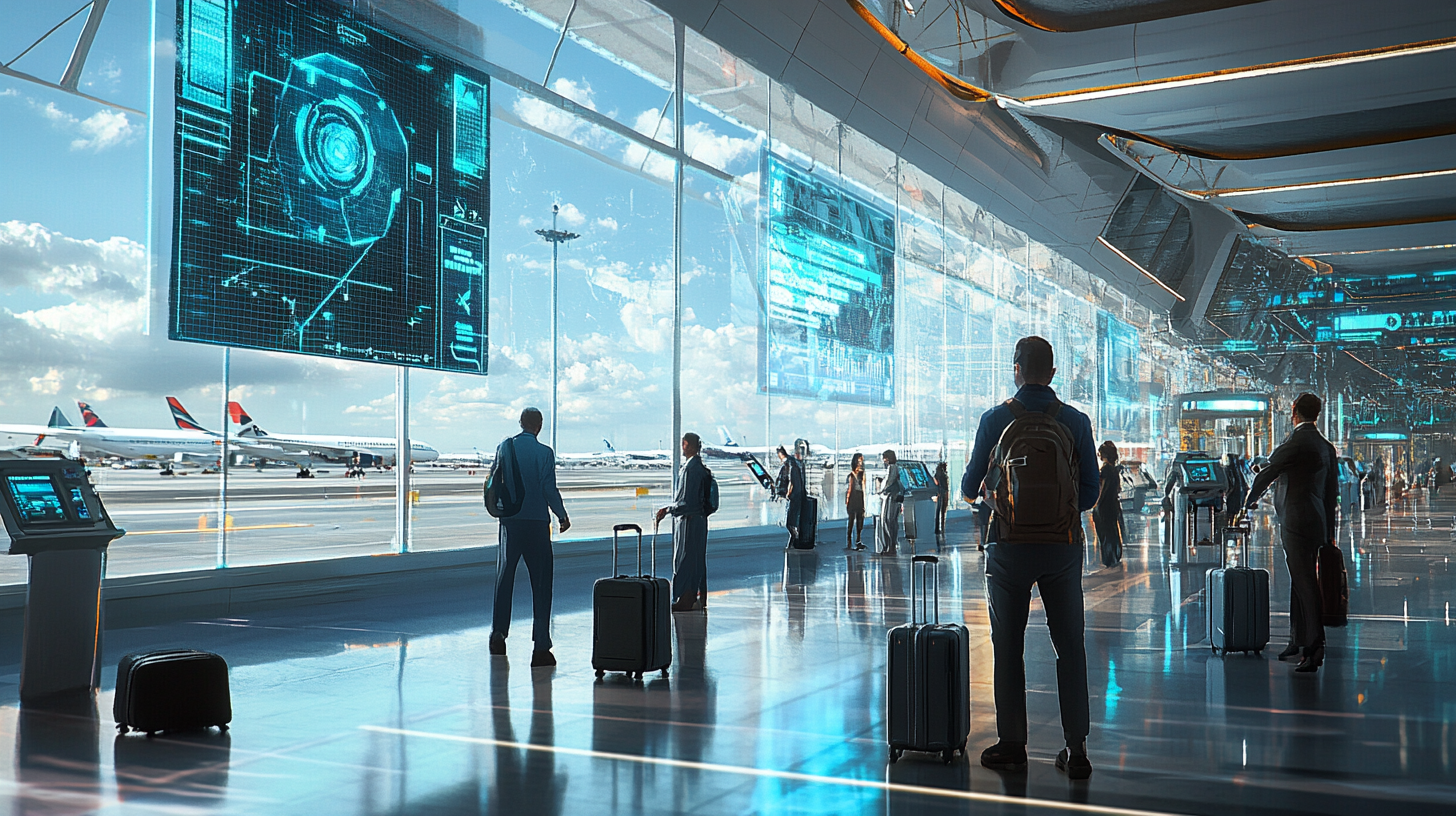
The Internet of Things (IoT) connected devices and systems across the travel industry, revolutionizing personalization and operational efficiency. Hotels utilized IoT to automate room settings based on guest preferences collected through loyalty programs or pre-check-in surveys. For instance, upon arrival, room thermostats could adjust to the guest’s preferred temperature, and entertainment systems like RoomCast could suggest movies or music based on previous selections.
IoT transforming travel in 2024 has brought about smart travel solutions with connected devices, enhancing the way travelers interact with their environments. Smart luggage innovations have provided peace of mind, while real-time data applications in tourism have optimized operations and improved the traveler experience.
Smart luggage equipped with GPS trackers and digital locks from companies like Track&Go provided travelers with peace of mind and improved baggage handling. Travelers could monitor their luggage in real-time via smartphone apps, reducing the risk of loss or misplacement, and even receive alerts if their bags were opened unexpectedly.
Real-time data collection through IoT sensors enabled companies to manage crowds and optimize resources effectively. Attractions and theme parks used IoT-enabled wristbands or apps to monitor visitor numbers, directing foot traffic, reducing wait times, and enhancing the visitor experience. This technology also supported sustainability efforts by reducing energy consumption and waste, as systems could adjust lighting and climate control based on occupancy.
Transportation services embraced IoT for fleet management, route optimization, and predictive maintenance. Ride-sharing apps and public transit systems used real-time data to improve service reliability and reduce wait times. Airlines employed IoT sensors on aircraft components to predict maintenance needs before failures occurred, improving safety and reducing delays. As a result, travelers enjoyed more efficient and connected journeys, reinforcing IoT’s central role in modernizing travel. However, the proliferation of connected devices also raised concerns about data security and privacy, prompting the industry to invest in robust cybersecurity measures.
Voice Search and Smart Assistants Transforming Travel Planning

The adoption of voice search and smart assistants revolutionized how travelers planned and managed their trips in 2024. Devices like smartphones and smart speakers became essential tools for searching flights, hotels, and activities using natural language commands. This hands-free convenience aligned with the fast-paced lifestyles of modern travelers.
Voice search revolutionizing travel planning has made it easier for individuals to organize their trips. Smart assistants in travel booking provide personalized recommendations, while AI-powered voice assistants in tourism streamline interactions and enhance the overall travel experience. Voice technology is transforming travel experiences by offering a more intuitive and accessible way to plan and manage journeys.
Travel companies optimized their platforms for voice search, ensuring that their services were easily accessible through technologies like SpeakTravel. Customer service also benefited, with AI-powered voice assistants handling inquiries and bookings efficiently. This shift not only streamlined interactions but also provided personalized recommendations based on user preferences and past behaviors.
Moreover, voice technology enhanced accessibility, catering to users who preferred or required voice interactions over traditional interfaces. This inclusivity expanded the customer base and improved overall satisfaction. As the technology advanced, voice assistants became more intuitive, understanding context and delivering more accurate results. Integrations with in-car systems and wearable devices further extended the reach and convenience of voice-assisted travel planning.
Digital Nomadism and the Remote Work Revolution

The concept of digital nomadism surged in 2024, with remote work becoming a permanent fixture for many professionals. This shift allowed individuals to combine work and exploration, leading to the rise of “workations.” Destinations adapted by offering amenities and infrastructure suitable for remote workers, such as co-working spaces and reliable high-speed internet connectivity.
The surge of digital nomadism in 2024 has reshaped how people approach travel and work. Remote work travel trends have led to the popularity of workations, blending work and leisure seamlessly. Digital nomad visa programs have been introduced to attract remote workers, offering them the opportunity to explore new destinations while maintaining their professional commitments.
Travelers embraced the flexibility to work from anywhere, contributing to longer stays and deeper engagement with local cultures. Cities and countries implemented special visas and programs like Barbados Welcome Stamp to attract these workers. Accommodation providers tailored offerings to this demographic, with extended-stay packages and work-friendly environments, including private workspaces and conference facilities.
The blending of work and leisure also prompted employers to reconsider policies, often supporting remote work arrangements. Platforms like Nomadlist provided resources for finding the best destinations, co-working spaces, and networking opportunities with other digital nomads. Technology played a crucial role, with cloud computing, VPNs, and collaboration tools enabling seamless work from remote locations.
The trend not only altered travel patterns but also influenced the development of services catering to digital nomads’ unique needs, such as travel insurance plans designed for long-term stays and remote work setups.
Multi-Generational and Immersive Travel Experiences

Travel in 2024 saw families and groups spanning multiple generations seeking shared experiences. Multi-generational travel grew as families prioritized quality time and cultural immersion. This trend led to the creation of travel packages accommodating diverse age groups, emphasizing activities that were both engaging and accessible.
Multi-generational travel trends in 2024 have highlighted the importance of shared experiences across different age groups. Immersive travel experiences are sought after by travelers who desire authentic connections with destinations. The slow travel movement has gained momentum, encouraging mindfulness and a deeper appreciation of local cultures. The rise of wellness tourism has further enhanced the value of travel experiences, combining relaxation with enrichment.
Immersive travel experiences became highly sought after, with travelers desiring authentic connections with destinations. The “slow travel” movement, focusing on deeper engagement rather than hurried sightseeing, encouraged mindfulness and a greater appreciation of local cultures. This approach aligned with the growing demand for wellness tourism, combining relaxation with enriching experiences.
Personalization played a significant role, with AI and data analytics crafting itineraries that catered to individual and group preferences. Travel companies like FamilyJourney Planner offered customized solutions for multi-generational groups, blending adventure, education, and leisure. Travelers sought unique adventures, from culinary tours to participatory cultural events, enhancing the value and memorability of their journeys.
The Impact of 5G and Enhanced Connectivity

The rollout of 5G connectivity in 2024 significantly impacted the travel industry by providing faster and more reliable internet access. This advancement supported the increasing reliance on digital platforms and applications, from real-time translation services to seamless streaming of content during transit.
5G connectivity transforming travel has revolutionized how travelers access information and services. The impact of enhanced connectivity in tourism has been profound, enabling the growth of impactful travel apps that offer real-time assistance and updates. Meeting digital expectations in travel has become essential as travelers demand seamless, always-on connections that enhance their experiences.
Travelers benefited from improved connectivity in remote areas, enhancing safety and accessibility. Tourism businesses utilized 5G to offer enhanced services, such as augmented reality tours requiring high-speed data transmission. The hospitality sector leveraged 5G to improve operational efficiency, utilizing smart systems for energy management and guest services.
The enhanced connectivity also supported the growth of impactful travel apps, enabling features like instant booking modifications, dynamic pricing updates, and real-time customer support. Apps like TravelMate 5G provided travelers with immediate assistance and information. This technological leap ensured that the industry kept pace with the digital expectations of modern travelers, who demanded seamless, always-on connections.
Looking Ahead: Future Travel Tech Trends
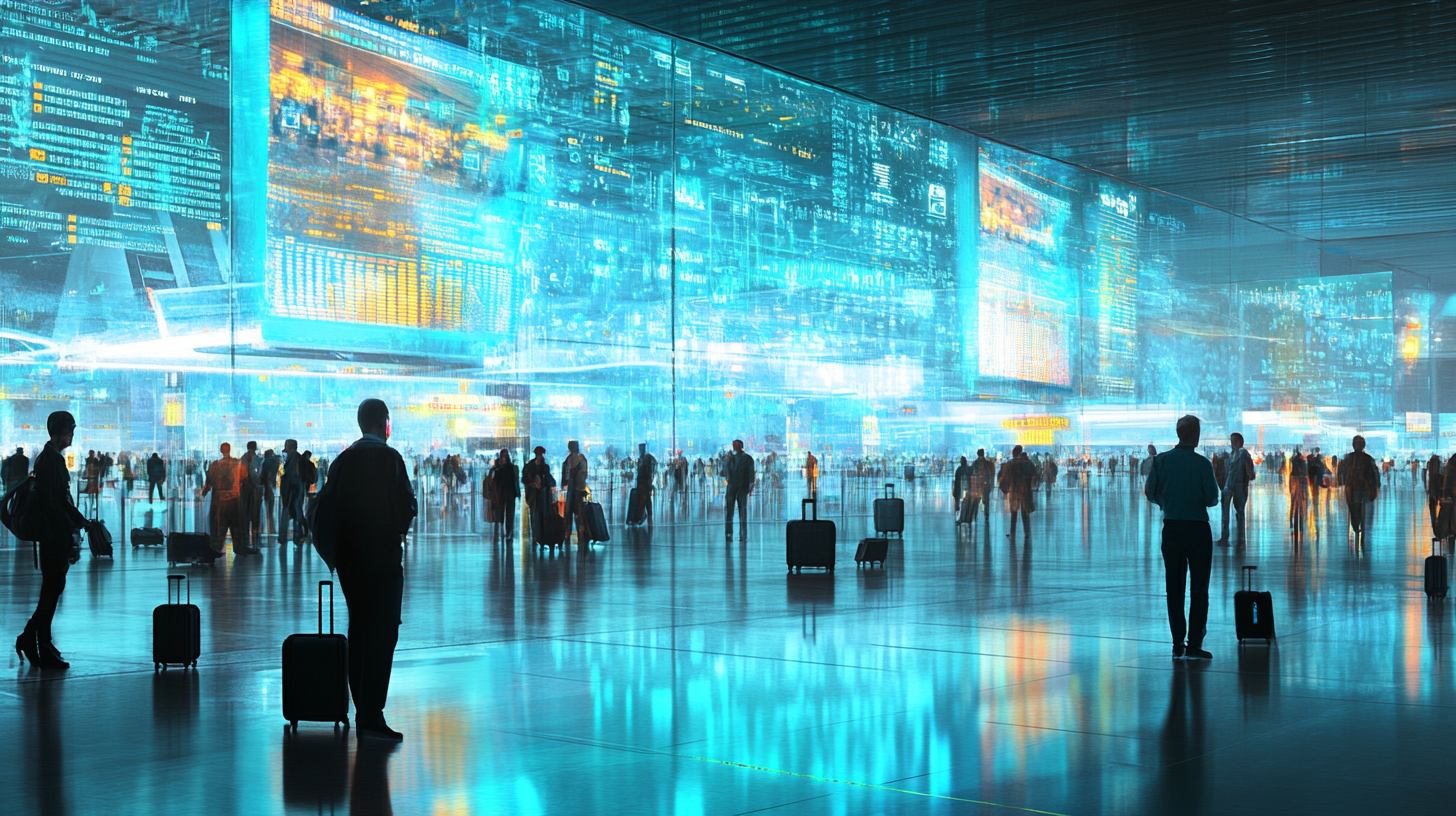
As we move towards 2025, experts anticipate that technology will continue to shape the travel landscape profoundly. Advancements in AI, VR, and Metaverse technologies are expected to further enhance virtual interactions and pre-travel experiences. The Metaverse may offer immersive virtual environments where travelers can explore destinations and interact with others in real-time, potentially redefining the concept of travel itself.
Future travel tech trends beyond 2024 promise to further revolutionize the industry. AI advancements in travel 2025 are expected to enhance personalization and efficiency, while Metaverse technologies are reshaping tourism by offering immersive virtual experiences. Addressing cybersecurity in the travel industry will be crucial as technology continues to evolve, ensuring that traveler information remains secure and protected.
Airports and airlines will likely adopt more sophisticated technologies to manage increasing passenger volumes efficiently. Innovations such as autonomous vehicles for ground transportation and AI-powered air traffic control systems could become more prevalent. However, these advancements bring concerns about cybersecurity and data privacy, emphasizing the need for robust protections and regulations.
Sustainable travel will remain at the forefront, with ongoing efforts to reduce carbon footprints and promote eco-friendly practices. The industry is also expected to see growth in unique travel experiences, such as space tourism with companies like SpaceX and Blue Origin and ultra-personalized services responding to the evolving desires of travelers seeking novelty and exclusivity.
Final Thoughts

The year 2024 was transformative for the travel industry, showcasing resilience and innovation in the face of past challenges. Technological advancements played a crucial role in redefining travel, offering more personalized, efficient, and sustainable experiences. From AI-driven personalization and augmented reality to sustainable practices and enhanced connectivity, these trends not only met the evolving demands of travelers but also set new standards for the industry.
As we look forward to the future, embracing these travel tech trends will be essential for both travelers and businesses. The integration of technology will continue to unlock new opportunities, enhance experiences, and address global challenges such as sustainability and security. The journey ahead promises to be exciting, and staying informed and adaptable will ensure that we reap the full benefits of these advancements.
Stay tuned for more insights and updates on travel technology by visiting us at BoardingArea. Our platform offers a wealth of information and resources for the savvy traveler looking to stay ahead of the curve.



